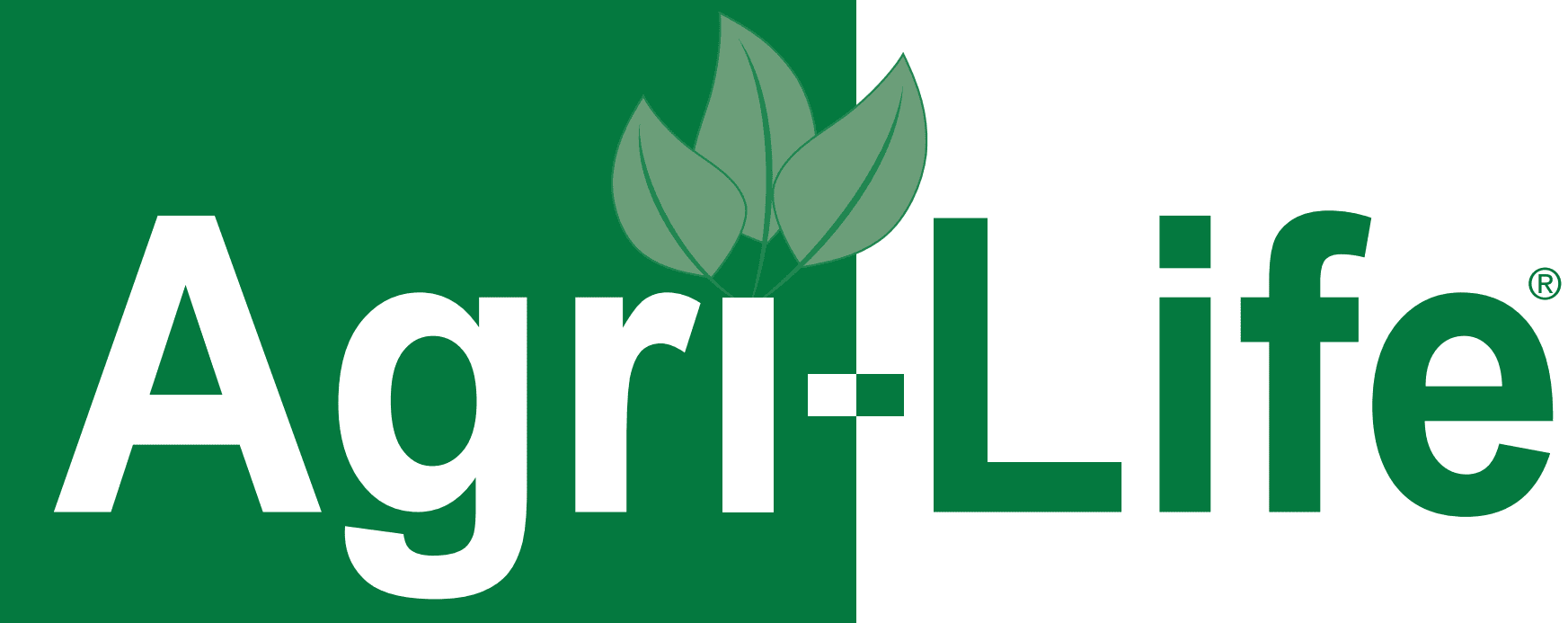Vegetables
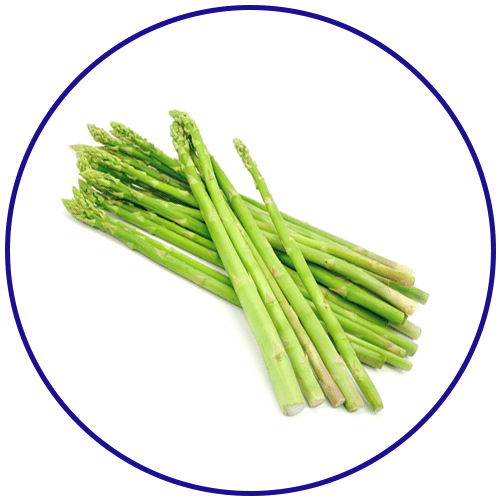
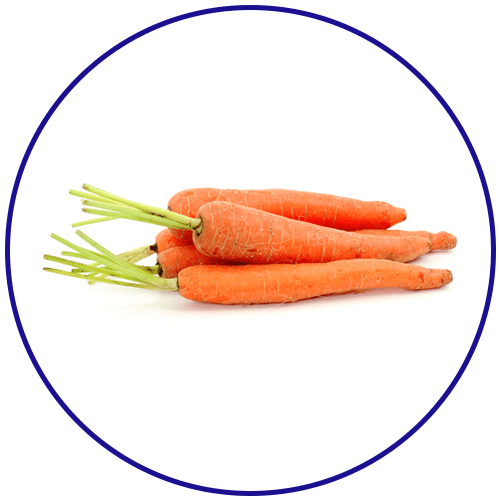
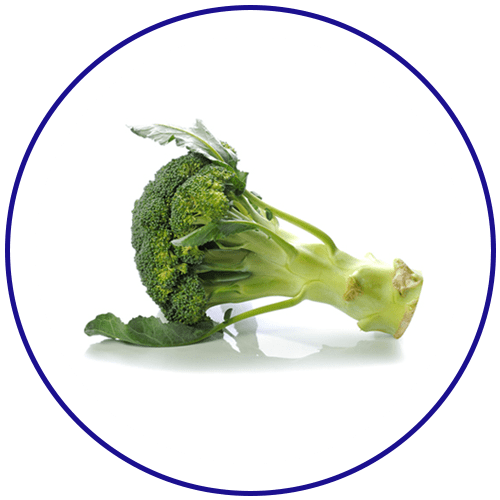
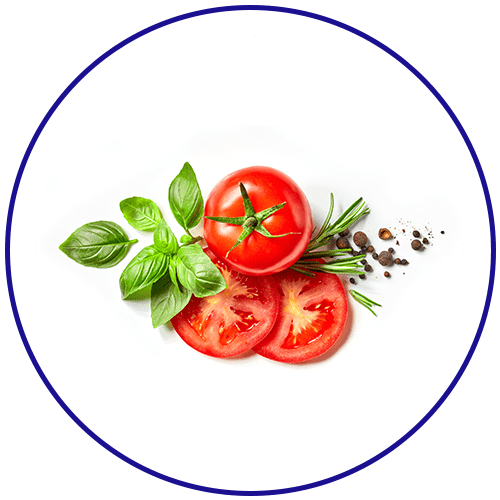
(Non-Leafy and Leafy)
| Crop and Maximum Annual Rate of Product in Gallons per acre. (lbs. Metallic Copper) | Disease | Rate/A fl. oz. (lb. Cu2/A) | Minimum Treatment Interval (Days) | Directions |
|---|---|---|---|---|
| Artichoke (Globe) 5.35 gals. (2.65 lbs.) | Botrytis blight, powdery mildew | 8.48 (.033) | 7 | For protective sprays, make first application when plants are 6 inches high; repeat on a 7 to 10 day schedule depending on environmental conditions. |
| Asparagus 10.10 gals. (5.0 lbs.) | Anthracnose, Cercospora blight, Fusarium stem and crown rot, Fusarium wilt and root rot, rust (Puccinia asparagi), gray mold, leaf spot, shoot blight | 16 (.062) | 10 | Begin applications when conditions first favor disease development and repeat at 10 to 14 day intervals. |
| Bean (Dry, Green) 9.57 gals. (4.74 lbs.) | Brown spot, common blight, halo blight | 19.2 to 25.6 (.074 to .10) | 7 | For protective sprays, make first application when plants are 6 inches high; repeat on a 7 to 10 day schedule depending on environmental conditions. Use the higher rates for more severe disease. |
| Beet (Table Beet, Beet Greens) 15.87 gals. (7.86 lbs.) | Cercospora leaf spot, downy mildew, leaf blight | 19.2 to 32 (.074 to .124) | 10 | Begin applications when conditions first favor disease development and repeat at 10 to 14 day intervals. Use the higher rates when conditions favor disease. |
| Carrot 10.10 gals. (5 lbs.) | Alternaria leaf spot, Cercospora leaf spot | 19.2 (.074) | 7 | Begin applications when disease first threatens and repeat at 7 to 14 day intervals depending on disease severity. |
| Celery, Celeriac 10.70 gals. (5.3 lbs.) | Bacterial blight, Cercospora early blight, Septoria late blight | 19.2 (.074) | 7 | Begin applications as soon as plants are first established in the field, repeating at 7 day intervals depending on disease severity and environmental conditions. |
| Crucifers (Broccoli, Brussel Sprout, Cabbage, Cauliflower, Collard Greens, Mustard Greens, Turnip Greens) 5.35 gals. (2.65 lbs.) | Black leaf spot (Alternaria), black rot (Xanthomonas), Cercospora leaf spot, downy mildew | 19.2 to 25.6 (.074 to .10) | 7 | Begin application after transplants are set in the field or shortly after emergence of field seeded crops or when conditions favor disease development. Use the higher rates when conditions favor disease. Note: Reddening of older leaves may occur on Broccoli and a flecking of wrapper leaves may occur on cabbage. |
| Cucurbits [Cantaloupe, Cucumber, Honeydew, Muskmelon, Pumpkin, Squash, Bitter Gourd, Melon Gourd (Summer and Winter)], Watermelon 10.61 gals. (5.25 lbs.) | Alternaria leaf spot, Angular leaf spot, anthracnose, downy mildew, gummy stem blight, Phomopsis, powdery mildew, watermelon bacterial fruit blotch (suppression) | 19.2 to 25.6 (.074 to .10) | 5 | Begin applications prior to disease development and continue while conditions are favorable for disease development. Repeat at 5 to 7 day intervals. Use the higher rates when conditions favor disease. Note: crop injury may occur from application at higher rates and shorter intervals. Discontinue use if injury occurs. |
| Eggplant 15.95 gals. (7.9 lbs.) | Alternaria blight, anthracnose, Phomopsis, Phytophthora blight | 19.2 (.074) | 7 | Begin applications prior to development of disease symptoms. Repeat sprays at 7 to 10 day intervals depending on disease severity |
| Leek 12.12 gals. (6.0 lbs.) | Leek rust, mildew (Peronospora destructor), white tip (Phytophthora porri) | 16 (.062) | 7 | Begin applications prior to development of disease symptoms. Repeat sprays at 7 to 10 day intervals depending on disease severity. |
| Lettuce (Endive, Escarole) 16.16 gals. (8.0 lbs.) | Anthracnose, Alternaria, bacterial leaf spot, Cercospora and Septoria leaf spot, damping off head rot and soft rot, downy mildew (Bremia lactucae), gray mold, rust, powdery mildew, ring spot, Southern blight, wilt | 16 (.062) | 5 | Begin treatment when disease first threatens and repeat every 5 to 10 days depending on disease severity. |
| Okra 10.61 gals. (5.25 lbs.) | Anthracnose, bacterial leaf spot, Cercospora leaf spot, Fusarium wilt, leaf spots, pod spot, powdery mildew | 19.2 to 32 (.074 to .124) | 5 | Begin treatment when disease first threatens and repeat every 5 to 10 days depending on disease severity. Use the higher rates and shorter spray intervals when conditions favor disease. |
| Onion, Garlic 12.12 gals. (6 lbs.) | Bacterial blight, downy mildew, purple blotch | 19.2 (.074) | 7 | Begin when plants are 4 to 6 inches high and repeat at weekly intervals. Minimum retreatment interval is seven days. Use the higher rates when conditions favor disease. |
| Pea 7.97 gals. (3.95 lbs.) | Powdery mildew, downy mildew, Leaf spot | 19.2 to 25.6 (.074 to .10) | 7 | Begin application when disease symptoms first appear and repeat at weekly intervals. Minimum retreatment interval is seven days. Use the higher rates when conditions favor disease. |
| Pepper (Bell, Chili) 23.93 gals. (11.85 lbs.) | Anthracnose, bacterial spot, Cercospora leaf spot | 15.6 to 30 (.060 to .116) | 3 | Begin application when conditions favor disease development and repeat at 3 to 10 day intervals depending on disease severity. Use the higher rates when conditions favor disease. |
| Rhubarb 7.97 gals. (3.95 lbs.) | Crown rot, downy mildew (Peronospora jaapiana), leaf spot, rust | 12.6 (.049) | 7 | Begin application when disease symptoms first appear and repeat at weekly intervals. Minimum retreatment interval is seven days. |
| Rutabaga 15.87 gals. (7.86 lbs.) | Alternaria blight, anthracnose, club root, downy mildew, powdery mildew, root knot, white rust, white rot | 20.9 (.081) | 10 | Begin applications when conditions first favor disease development and repeat at 10 to 14 day intervals. |
| Soybean 9.57 gals. (4.74 lbs.) | Brown spot, downy mildew, Cercospora leaf spot, frogeye leaf spot, Phytophthora stem and root rot, pod and stem blight, stem rot | 12.6 (.049) | 7 | For protective sprays, make first application when plants are 6 inches high; repeat on a 7 to 10 day schedule depending on environmental conditions. |
| Spinach 7.97 gals. (3.95 lbs.) | Anthracnose, blue mold, Cercospora leaf spot, white rust, downy mildew | 19.2 to 25.6 (.074 to .10) | 7 | Begin application when disease first appears or when conditions favor disease development. Repeat at 7 to 10 day intervals. Use the higher rates when conditions favor disease Note: Flecking may occur in spinach leaves. |
| Tomato (for Fresh Market) 16.16 gals. (8 lbs.) | Anthracnose, bacterial spot, bacterial speck, early blight, gray leaf mold, late blight, Septoria leaf spot | 25.6 (.10) | 3 | Begin applications when disease first appears and repeat at 3 to 10 day intervals depending on disease severity. |
| Tomato (for Processing) 35.14 gals. (17.4 lbs.) | Anthracnose, bacterial spot, bacterial speck, early blight, gray leaf mold, late blight, Septoria leaf spot | 19.2 to 32 (.074 to .124) | 3 | Begin applications when disease and repeat at 3 to 10 day intervals depending on disease severity. Use the higher rates when conditions favor disease. |
| Watercress 4.28 gals. (2.12 lbs.) | Cercospora leaf spot | 19.2 (.074) | 7 | Production fields must be drained of water at least 24 hours prior to each application and water must not be reapplied to the field for a minimum of 24 hours following each application. Copper must not to be applied to watercress during the aquatic production phase. Begin application when plants are first established in the field, repeating at 7 to 14 day intervals depending on disease severity. Do not exceed four applications per year. Apply using ground spray equipment at no less than 50 gallons of spray solution per acre. |
